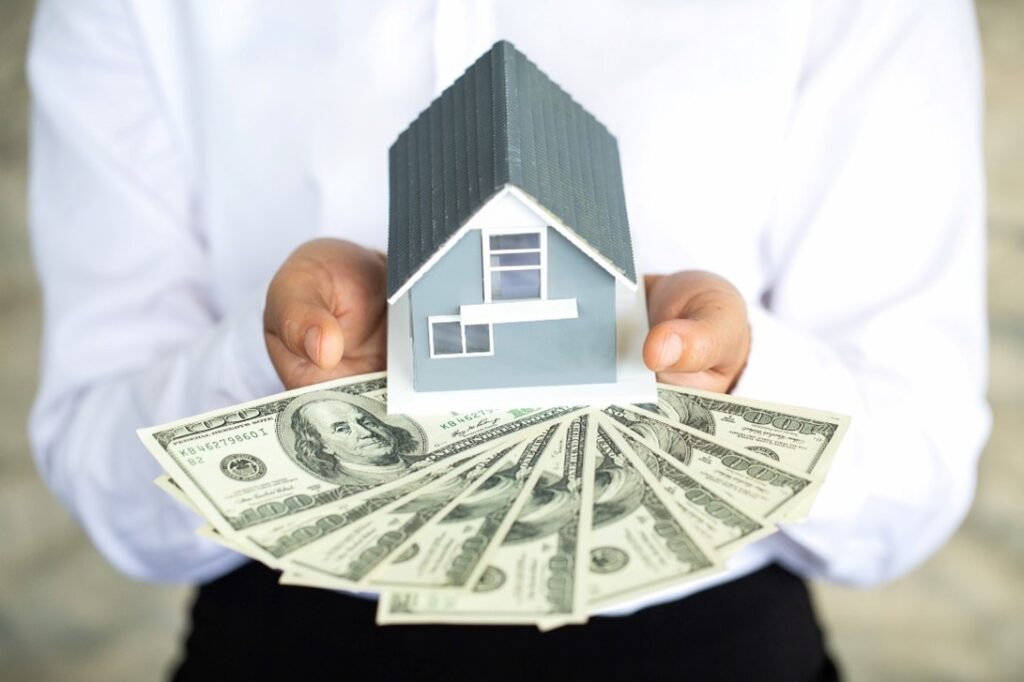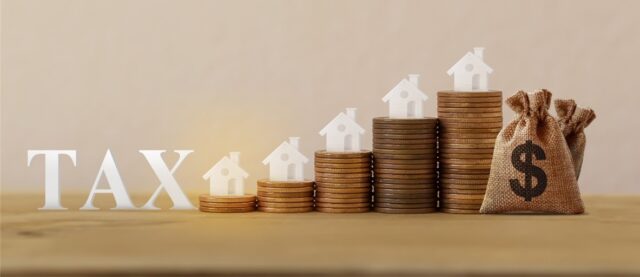With over two decades of professional experience, William Timlen serves as a Tax Partner in the Real Estate Services Group. His expertise lies in the tax aspects of partnerships and passive loss regulations, encompassing profit and loss allocations as well as distributions within partnerships. In the following article, William Timlen CPA explains NYC real estate tax updates and important information that investors should know.
According to Bloomberg, real estate tax contributes $32.7 billion to New York City’s current fiscal year budget. Although this may not seem surprising, as 2021 data from the US Census Bureau estimates, New Yorkers pay the highest average property tax bill in the country.
With this in mind, learning how to navigate New York City’s real estate tax system is a necessity for maximizing investments in this profitable market. The following are some considerations for any current and would-be NYC real estate investors.
William Timlen on Property Tax
According to the US Census Bureau, New York has an effective property tax rate of 1.73%, and an average annual property tax bill of $12,292. Compare that to Alabama, with 0.41% and $882, respectively.
William Timlen CPA notes that it is important to understand how to calculate property tax. Although it’s unnecessary for investors to do this themselves, it’s still worth gaining an understanding because the tax bill can be contested in case property valuation seems to have been set unfairly high.
Mortgage Recording Tax
Typically, whenever a mortgage is recorded in NYC, the buyer must pay a mortgage recording tax, and the amount will vary depending on the value of the mortgage, which can be seen here. Knowing this, savvy investors can have the seller cover the fee instead, by bringing it up during the negotiating process.
Transfer Tax
William Timlen CPA says that all real estate transactions in NYC are subject to transfer tax, regardless of the property type. This is typically 1% for properties below $500,000 and 1.425% for anything more, though it can increase to 2.625% for property types that have high transfer rates (office, retail, rental buildings, etc.).
Capital Gain Tax
William Timlen CPA explains that if a property (or other assets, such as stocks, bonds, real estate, and other investments and collectibles) was sold for more than its cost basis, the profit is subject to capital gains tax. There are 2 types of Capital Gains:
• Short-Term Capital Gain
If an asset was held for 365 days or less, it will be taxed according to one’s tax bracket–varying from 10% to 37%.
• Long-Term Capital Gain
If an asset was held for more than 365 days, it will still be taxed according to one’s tax bracket, but treated preferentially varying from 0%, 15%, or 20%. High-earning investors are subject to an additional 3.8% net investment income tax, as outlined by the IRS.
Depreciation Recapture
Property owners can deduct depreciation from their taxes to account for the gradual decay of their property over time. However, if the property is sold and the IRS deems that claimed deductions were too high for the property, they will then claim that money back through depreciation recapture.
William Timlen CPA notes that Section 1031 of the Internal Revenue Code allows investors to defer paying depreciation recapture by using the funds gained from the sale to buy another property of similar value, called a “1031 exchange.”
 Income Tax on Rental Income
Income Tax on Rental Income
William Timlen CPA reports that rental income is not considered to be earned income, and therefore isn’t subject to Social Security and Medicare taxes (FICA.). In some cases, by providing additional services (e.g. providing linens, meals, and other basic amenities), rental property can count as a trade or business to take advantage of preferential tax rates. Discussing with a tax advisor can help maximize the potential deductions related to property expenses.
Seek Competent Financial Advice
Taxes are a part of life, and depending on the size and value of the property and local property tax rates, property taxes can amount to thousands – even tens of thousands – of dollars every year. And because property taxes can be such a significant yearly expense, working with a tax professional will significantly reduce the stress related to real estate investing.
William Timlen CPA explains that considering tax law is a complicated and ever evolving entity, particularly in global economic centers like NYC. It’s simply good practice to seek competent financial advice so that investments do not become an unbearable burden.
Putting Everything Together
As an investor, being educated regarding property tax rates and reassessment practices is essential when investing in properties, especially in a new state or city. Working with a tax professional and understanding how taxes are calculated, the local rates, and how a tax bill can change over time is essential for keeping investments in the green.









